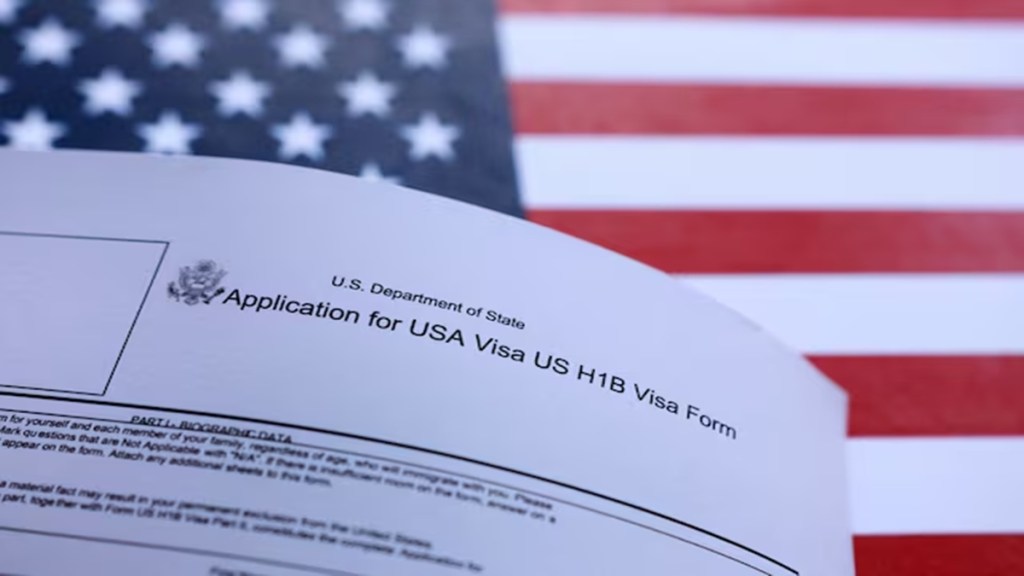The H-1B visa program is currently under increased scrutiny, particularly concerning the limitations on the maximum number of visas that foreign workers can apply for.
Currently, the US Congress mandates a 65,000 H-1B visa regular cap and the 20,000 H-1B visa U.S. advanced degree exemption, known as the master’s cap. However, several H-1B visas get issued outside the cap, well within the rules as set by the Immigration and Nationality Act.
H-1B Visa Caps Changes
US Senator Tom Cotton has introduced the Visa Cap Enforcement Act to restrict the ability of universities, research institutions, and non-profits to hire an unlimited number of foreign workers.
The Visa Cap Enforcement Act would eliminate four exemptions to the H-1B visa cap, including one for foreigners who hold a master’s degree or higher from a U.S. institution.
Recounting the Three-Year Period
According to the current rules, an extension of stay for an H-1B petition beneficiary may be granted for up to three years, but the total duration of stay cannot exceed six years.
US Senator Tom Cotton proposes the following:
Section 214(g)(4) of the Immigration and Nationality Act is amended by adding at the end the following: ‘‘An alien who has been counted against the numerical limitation under paragraph (1)(A) shall be recounted against such numerical limitation during the fiscal year in which such alien surpasses 3 years in the nonimmigrant status described in section 101(a)(15)(H)(i)(b).
Removing Cap-Exemptions
Not all H-1B nonimmigrant visas are subject to the annual cap. For example, petitions filed by U.S. institutions of higher education are cap-exempt. According to Section 214(g)(5) of the INA, several institutions and universities are exempt from the annual H-1 B visa cap.
The Visa Cap Enforcement Act proposes to remove this exemption for such institutions and universities.
US Senator Tom Cotton proposes the following:
Section 214(g) of the Immigration and Nationality Act (8 U.S.C. 1184(g)) is amended by striking paragraph (5)
Change of Status to H–1B Non-Immigrant
Section 214(l)(2)(A) of the Act provides an exemption from the H-1B visa cap for individuals whose status is changed from J-l to H-1 B where the beneficiary has obtained a waiver of the two-year foreign residency requirement.
US Senator Tom Cotton proposes the following:
Section 214(l)(2)(A) of the Immigration and Nationality Act is amended by striking the second sentence.
Change of Employer
US Senator Tom Cotton proposes the following:
Section 214(n)(1) of the Immigration and Nationality Act is amended by inserting ‘‘If the new position is approved, such position shall be counted against the numerical limitation under subsection (g)(1)(A).’’ after ‘‘the new petition is adjudicated.’’
Growing Voice Against Immigration
Several lawmakers have introduced bills aimed at restricting the legal immigration of foreign workers into America.
In an X post, Congressman Riley M. Moore writes, “The H-1B program has been grossly abused to undercut the American worker and replace domestic talent with foreign workers.
US senators, led by Judiciary Committee Chairman Chuck Grassley and Ranking Member Dick Durbin, are challenging the H-1B visa program, addressing major U.S. employers like Amazon, Apple, TCS, and Google through a letter.
